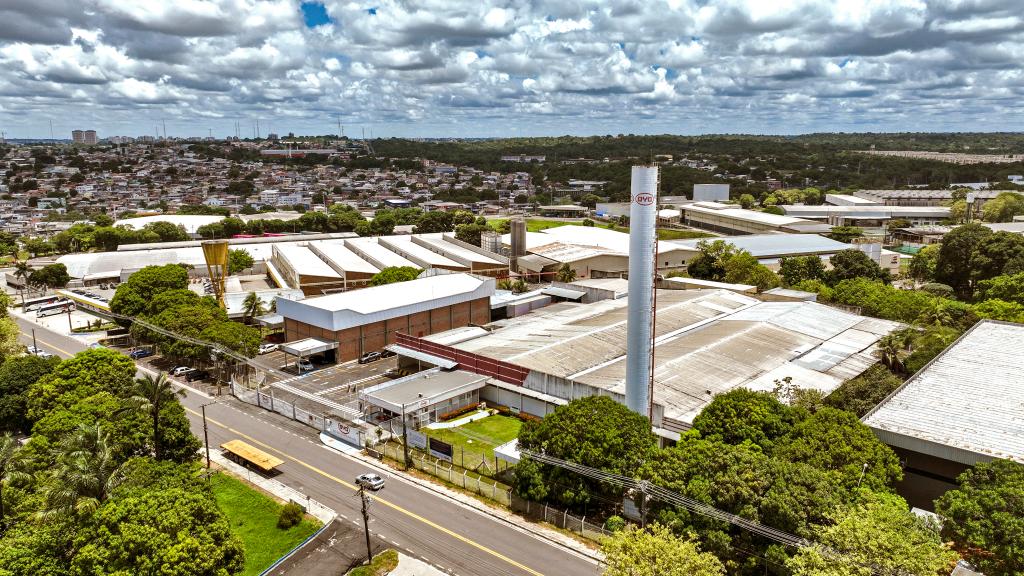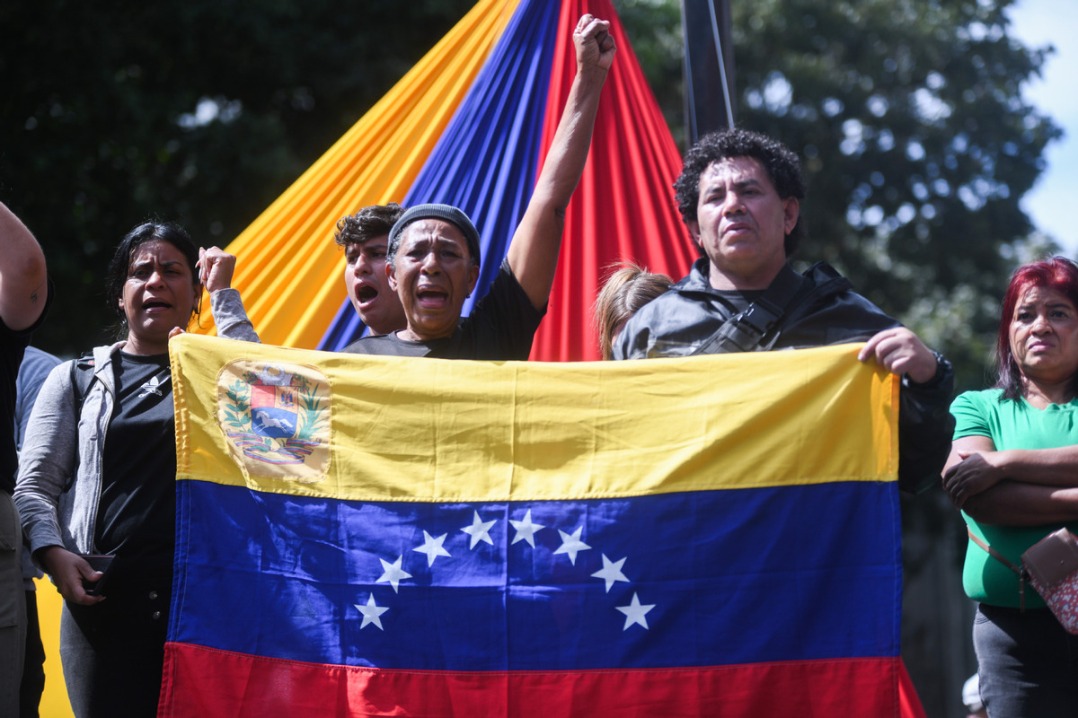President's remarks at forum align with Global South hopes


President Xi Jinping's address at the opening ceremony of the fourth ministerial meeting of the China-Community of Latin American and Caribbean States Forum on May 13 went well beyond its intended audience. It struck a chord across the Global South, which sees China as a dependable partner and whose messaging reflects their own aspirations for multilateralism, global justice and a world order not dominated by a single hegemonic power.
In a world currently fractured by geopolitical tensions, vulnerability and uncertainty occasioned by the United States' tariff moves, Xi's appeal for solidarity and a shared future carried a message of hope for unity and the reform of the global governance architecture. The call for a reformed global governance system that treats developing nations as equal stakeholders, rather than peripheral players, reflects the long-standing frustrations of Africa and Asia, besides Latin America and the Caribbean. For many in the Global South, the current global governance system is stuck in colonial biases and narratives.
The Global South's grievances are not new, and China is offering a moral and more reliable model for governance. The post-World War II order was not made with the Global South in mind, but for victorious Western powers. Xi's speech emphasized the need to focus on concrete outcomes as outlined in the example of a model for high-tech South-South cooperation in the China-CELAC satellite cooperation program. The China-proposed Belt and Road Initiative is also a template for building partnerships based on infrastructure, trade and shared development goals that facilitate the possibility for a reimagined international order.
Xi's words were an invitation to build a new world order that is more equitable, inclusive and free from coercion — a world of true friendship. In his address, Xi quoted an 11th-century Chinese poet, who said, "Life's greatest joy comes from finding kindred spirits", and he also mentioned a Latin American proverb that says, "The one who has a friend has a treasure".
"We will uphold the multilateral trading system, ensure stable, unimpeded global industrial and supply chains, and promote an environment of openness and cooperation," Xi said in his speech.
"China and LAC countries champion true multilateralism, uphold international fairness and justice, advance global governance reform, and promote multipolarization of the world and greater democracy in international relations," he added.
Amid many challenges today, the Global South should increase its level of awareness about how the current global governance system works in order to find solutions. All nations, both large and small, should get an opportunity to have a seat at the table and have a voice in international decision-making for a fair stake in the outcomes.
Xi said that China and LAC countries "stand shoulder to shoulder to support each other", "ride the tide of progress together to pursue win-win cooperation", "unite in tough times to conquer challenges through mutual support" and "uphold solidarity and coordination and rise to global challenges with resolve". This relationship model is applicable to the global community in addressing the current challenges.
Xi's address summarized the aspirations of the Global South, which hopes for a world of equality, mutual learning, dialogue and inclusiveness, and a world that champions humanity's common values of peace, development, fairness, justice, democracy and freedom.
China's willingness to improve the status quo, together with other Global South countries, offers a breath of fresh air in the international order. Its ability to draw lessons from history to build momentum for the future is remarkable.
The author is a Kenyan economist and founder and director of the Inter Region Economic Network, a Nairobi-based think tank. He is also the publisher of The African Executive magazine.

































